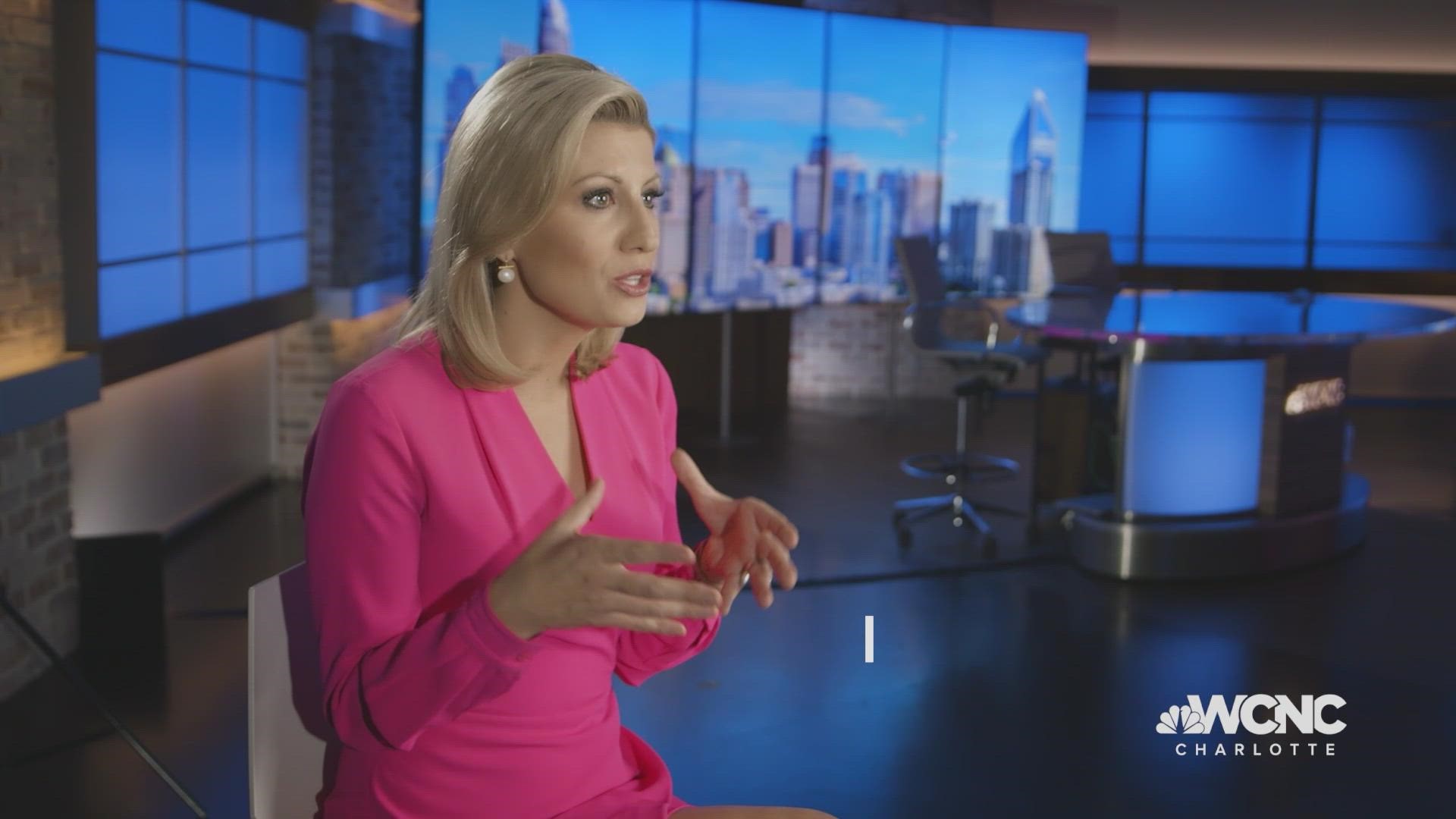CHARLOTTE, N.C. — Even when the pandemic becomes endemic, experts say the trauma of it will stick around.
It’s taken a toll on our mental health, and kids and teenagers have been hit particularly hard.
"We've seen an unrelenting surge in inpatient admissions for suicidal ideation. so, our kids are not doing well," Dr. Peter Loper Jr. with Prisma Health said.
MORE NEWS: Charlotte leaders join COVID roundtable discussing the pandemic and its residual cultural effects
Psychiatrists say closing schools may have protected students from the virus, but it also closed them off from a vital support system, their friends and teachers.
The consequences of isolation now becoming clear.
One example, a new report from the CDC says during the pandemic, emergency room visits for eating disorders doubled among girls ages 12 to 17.
RELATED: 'We can ultimately impact' | Johnson C. Smith University working to reduce the Black mortality rate
"I think about the mental health crisis that’s affected our entire population and the isolation of the pandemic brought about," Dr. Kasey Goodpaster said. "But also, some specifics around children and teens and their social media usage, how that then affects their body image and might to affect their relationship with food."
Doctors say some of the signs a child may be struggling with their mental health are negative self-talk, starting arguments more often, or a noticeable change in performance in school or activities they once enjoyed.
Communication is key.
Experts say open and honest conversations about anxiety can go a long way in making them open up.
"This is a communication that mental health struggles are normal, and they are common, they happen often," Dr. Sarah Jerstad, child psychologist, said. "When we start to ask about them it normalizes them to kids and parents that this could be something your child is struggling with, and they could get help."
Contact Chloe Leshner at cleshner@wcnc.com and follow her on Facebook, Twitter and Instagram.

